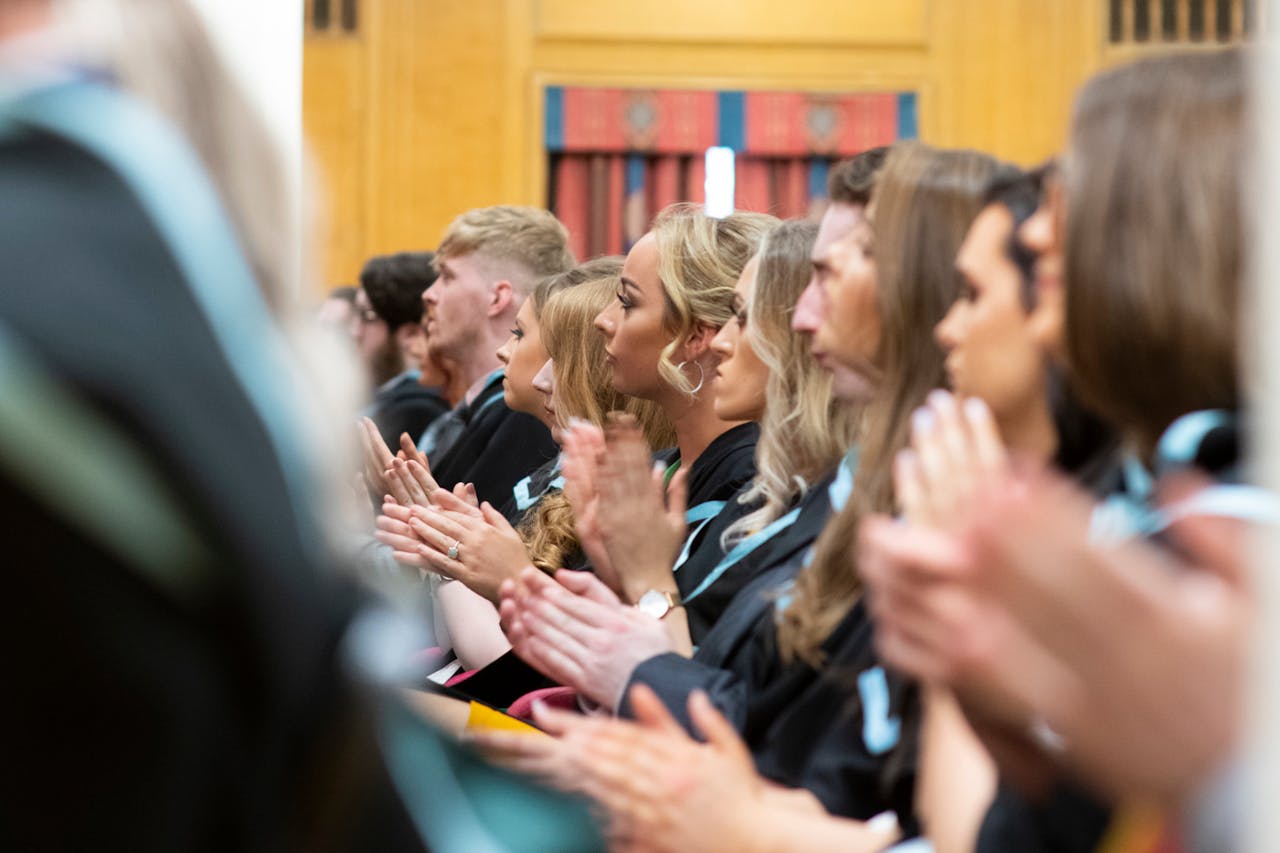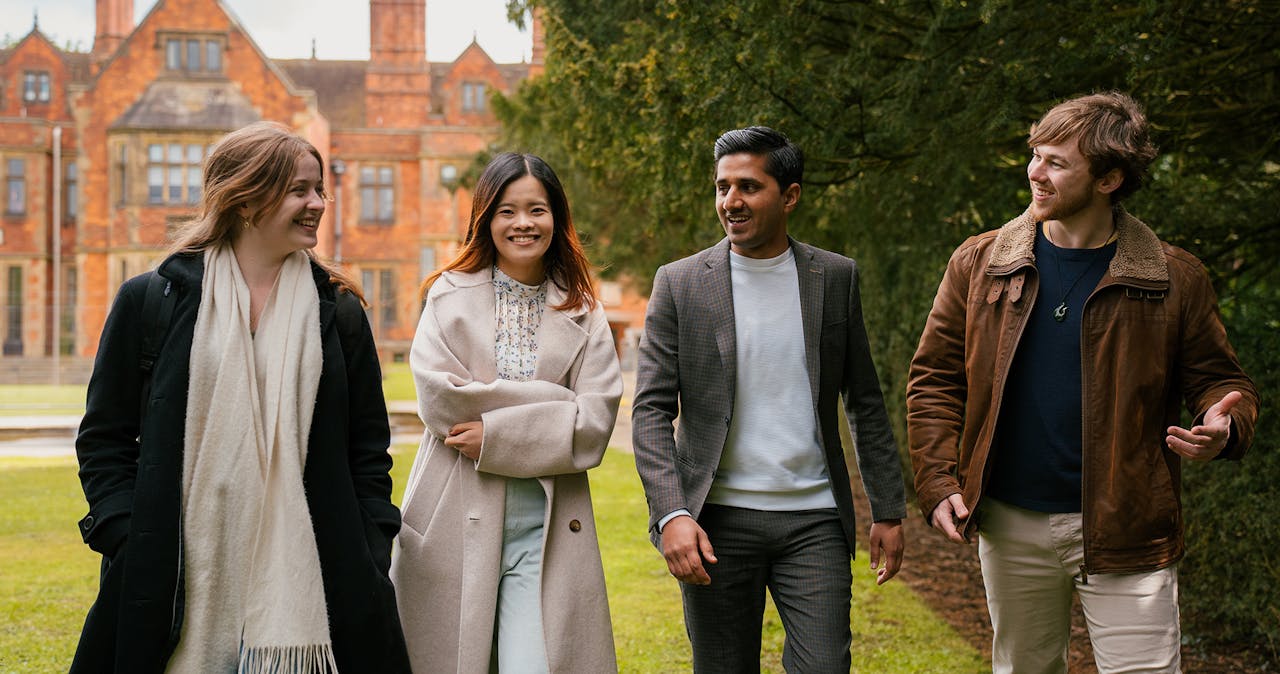Foundation Year applicants should ask themselves the following...
Am I eligible?
Some courses have specific eligibility criteria related to socio-economic, family or educational background. Others are designed only for International students. Applicants should check university websites for the most up to date information and must not be afraid to use the contact details listed to find out more (having carefully read through the available information first, of course…).
What are the costs for the Foundation Year and the degree which will follow?
Some courses are free and fully-funded, others charge a tuition fee that is lower than the typical tuition fee for a year of degree study, while others will charge the standard tuition fee (currently in the region of £9,250 for English applicants) for the foundation year. Students should check whether bursaries or scholarships could help with either their fees or their living costs.
Is this a stand-alone course or is it fully integrated with the degree programme?
This can have implications for eligibility for student finance, and applicants will want to know more about their options for continuing to a degree. Progression may be automatic, but even then it will typically be contingent on performing well on the course. Alternatively, a place may not be guaranteed and students might need to re-apply through UCAS to attend that university. Linked to this, applicants might be interested to know what the leaving ‘award’ for the course is. If they left after only completing the Foundation Year, would they receive any recognised qualification?
What will I study? And what will it be like?
As with all university study, applicants should take the time to understand the Foundation Year course itself to see if they would thrive if they were studying it. Also, they should consider the future degree course it could lead to in similar detail to be sure that it will meet their needs and expectations. More broadly, students should consider the other factors like term-length, accommodation options, the campus setting, facilities available for use and everything else. While it may seem like a shorter commitment, students should consider if they would be happy staying at the university for four or more years.
What is the application process?
UCAS is used for many courses, but not all! Deadlines may differ, and students may need to provide additional information to prove their eligibility or interest (especially if they need to meet certain criteria to be eligible). As with all applications, students should plan so they don’t have to rush – or miss out.








